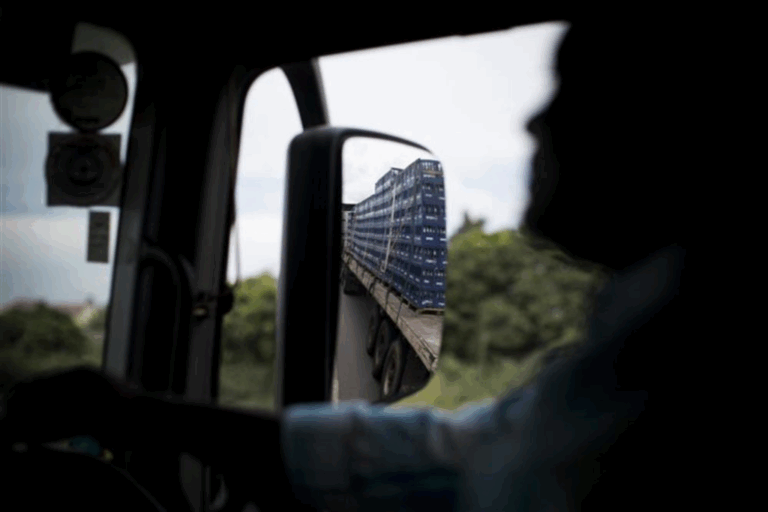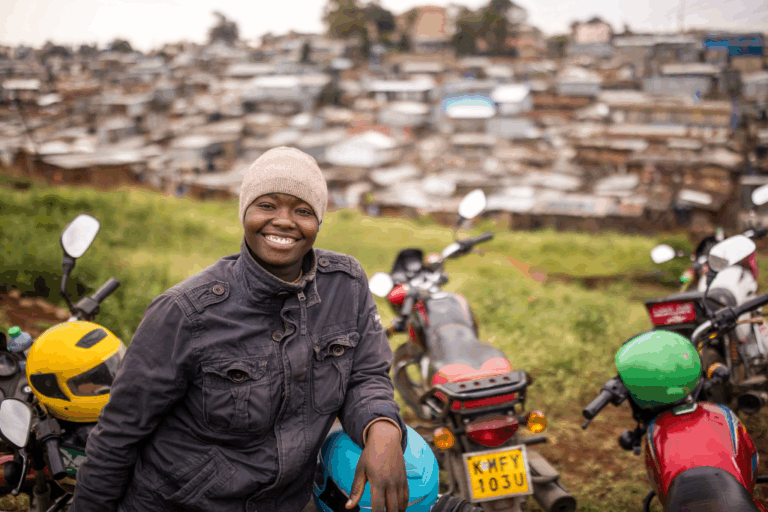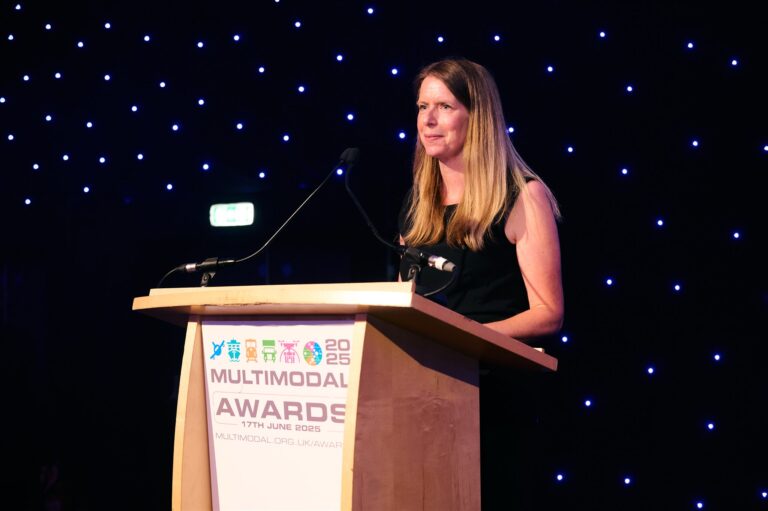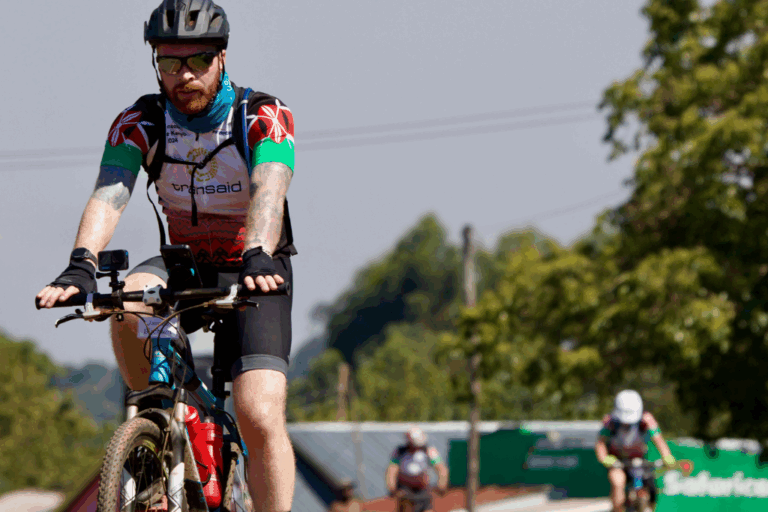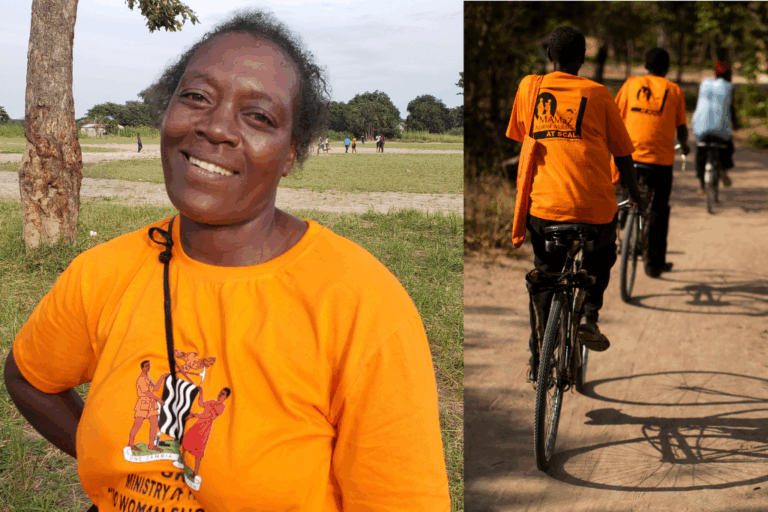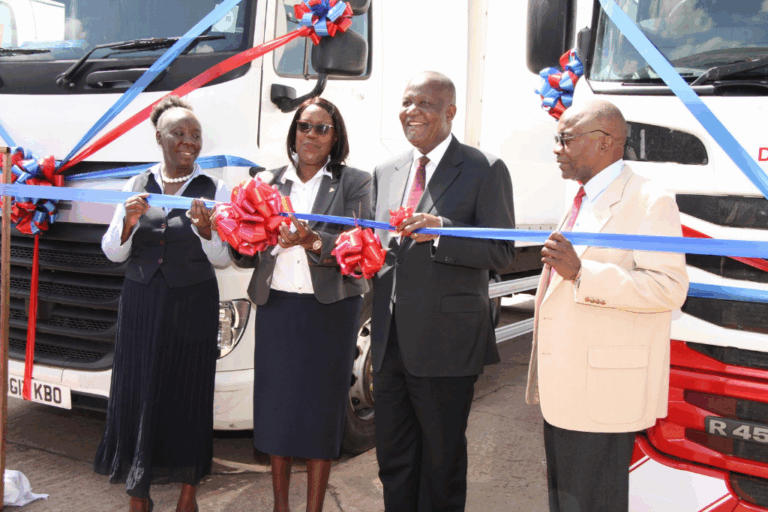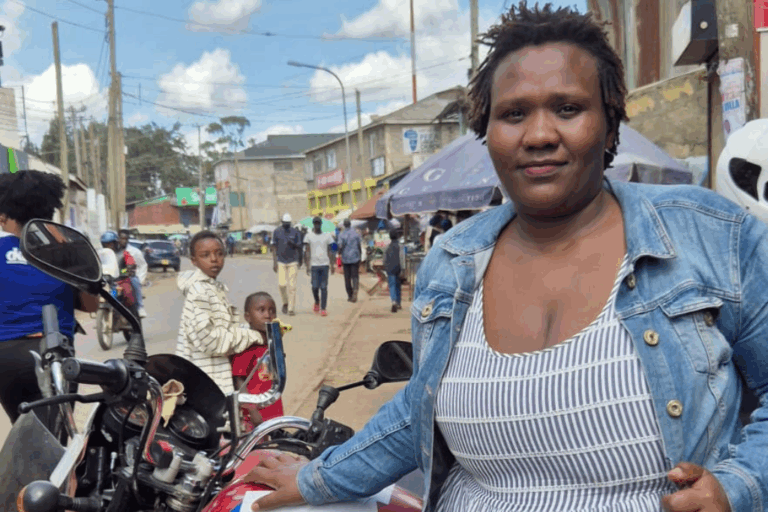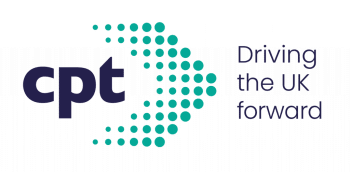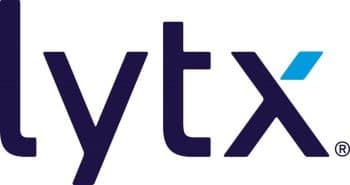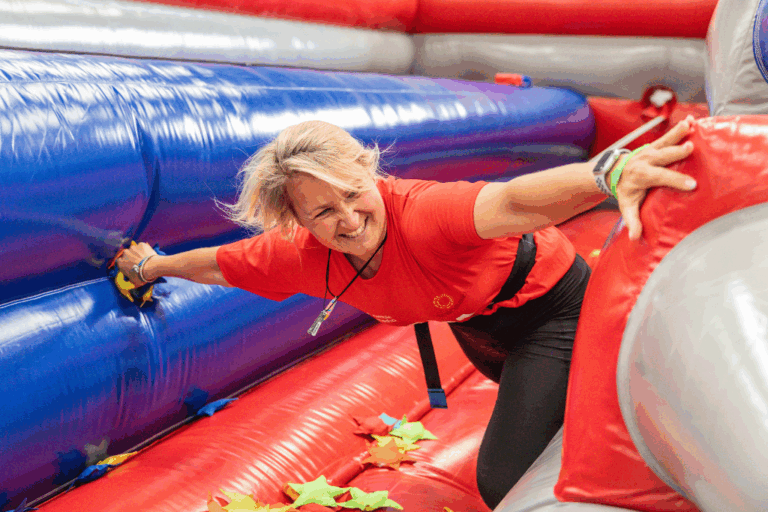
News
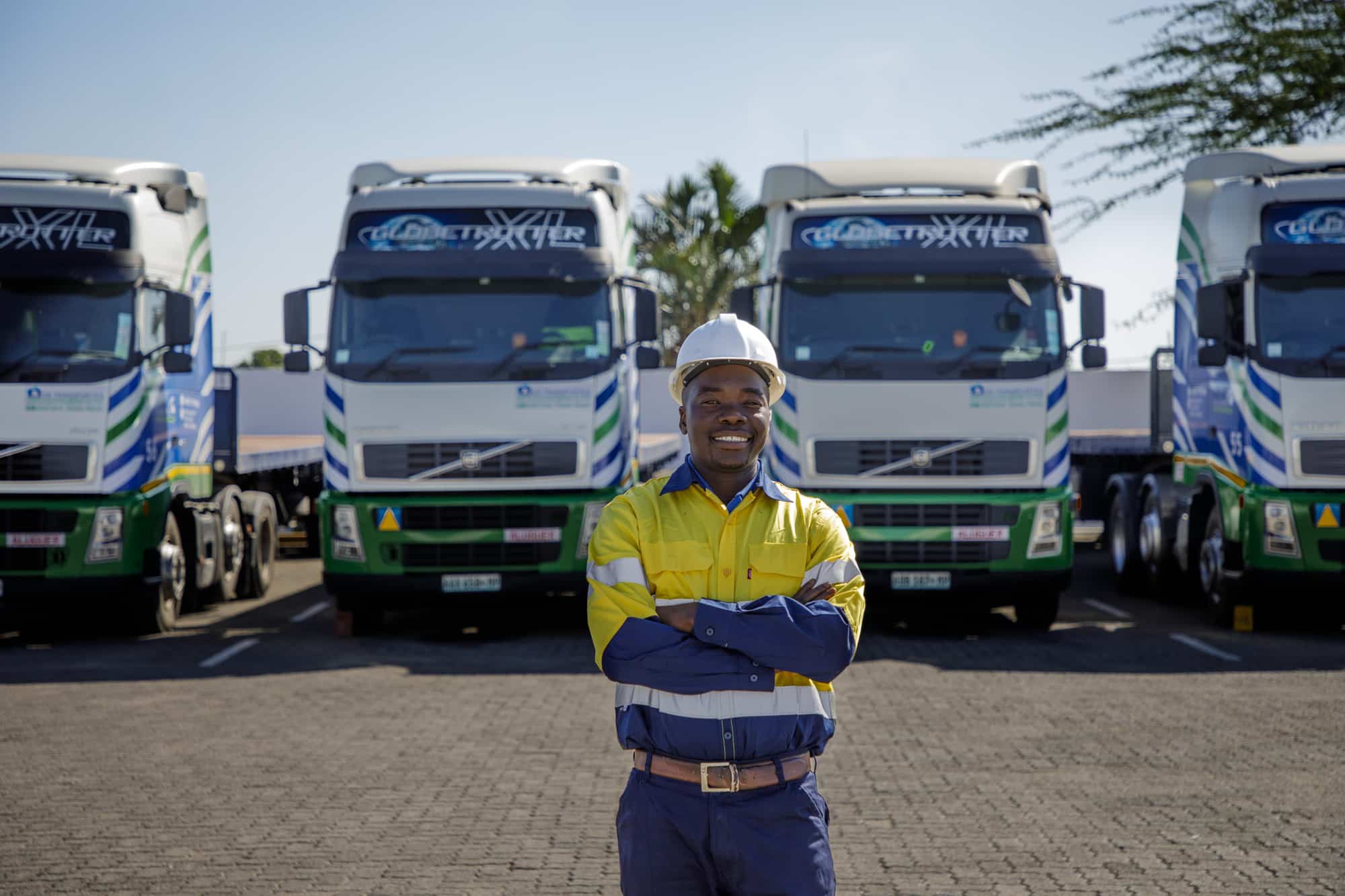
Emergency project launched to protect HGV drivers from COVID-19 in Uganda
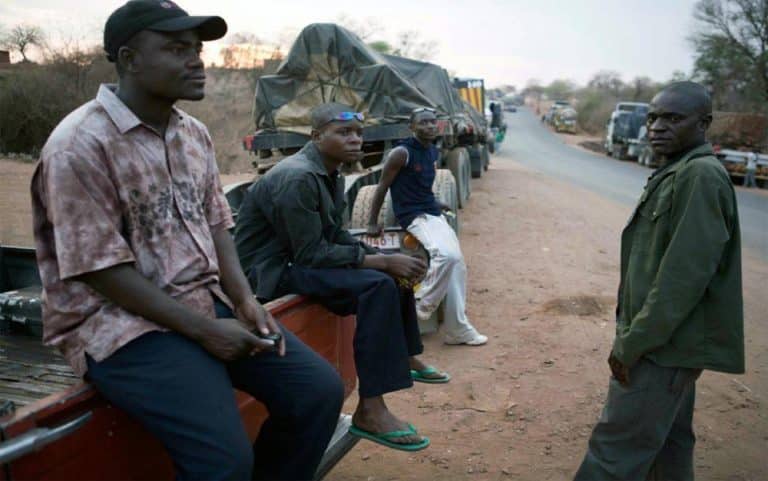
Supported by the Employment and Skills for Development in Africa (E4D) Programme, we have launched an urgent response to support heavy goods vehicle (HGV) drivers in Uganda, as Africa reacts to the growing COVID-19 pandemic.
Transaid is working with local partners to roll-out driver-specific COVID-19 safety advice and provide hand-washing facilities, cab sanitisation materials, and personal protective equipment (PPE) to keep drivers safe, reduce transmission rates and build community confidence in the safety of the logistics sector.
Transaid CEO Caroline Barber explained that truck drivers were facing hostility as a result of the measures taken to prevent the spread of COVID-19. “Road transport is vital for delivering food, medicines and essential goods; but the race to control the outbreak in Africa means truck drivers are facing increased scrutiny whilst enduring evermore challenging and unpredictable hazards to keep supply chains running.
“Truck drivers entering the country are perceived by some to be facilitating the spread of the virus, and have faced hostility from communities and long delays at borders, often with no access to sanitation facilities. Securing this funding means we can start work immediately to improve the preparedness of drivers to meet national guidelines on the use of PPE, cab sanitisation and social distancing.”
We are developing driver-specific factsheets as well as short information videos to be sent to drivers’ phones to raise awareness and reduce the risk of exposure. Road safety messaging has been integrated into these materials to warn how changing conditions – such as how fewer vehicles on the roads and reduced access to facilities en route could lead to increased speeds and fewer rest stops – may affect driving behaviours and the risk of road crashes, at a time when health systems are already overburdened.
Currently, the closure of businesses along transport corridors is making it difficult for drivers to access running water to wash their hands. To counter this, we are procuring soap and disinfectants for regular hand-washing and cab sanitisation, as well as locally made, washable and reusable face masks.
Transaid’s in-country partner Safe Way Right Way is also supporting transport associations at driver rest stops and border posts, to help keep drivers informed on the latest national guidelines. With official advice being updated regularly, it has been difficult for employers to communicate with drivers who may be on the road for days or weeks at a time without returning to base.
E4D is a regional employment initiative funded by the German, Norwegian, and until recently the British government, and implemented by GIZ. Julia Mager, E4D Team Leader in Uganda at GIZ commented: “We’ve been working with Transaid and Safe Way Right Way for the last three years to build HGV driver training capacity in Uganda. Both organisations are well placed to deliver this critical work.”
Caroline added: “We put forward a proposal which could be implemented at speed, and GIZ has worked very quickly to make the funding available. This is a fast-moving situation and we want to ensure that drivers have access to these materials without delay.
“Road transport is a sector Transaid has huge experience in, and we’re aiming to reach a minimum of 10,000 drivers in Uganda as part of our initial work. Everything we are doing is replicable in other sub-Saharan countries too, and we’re actively looking for additional funding to ensure we can extend our support and increase the number of truck drivers we can reach.”
Help us combat COVID-19 in Zambia
In times like this, access to healthcare is more important than ever. That is why we’re asking for your help to ensure that no one gets left behind in the fight against COVID-19.
Our supporters were instrumental to the success of our MAMaZ Against Malaria (MAM) programme, helping us expand into our fifth Zambian District. Now we are asking for your help to rise to the new challenge of COVID-19. Communities like those in rural Zambia are likely to be amongst the hardest hit by the pandemic. Help them prepare for COVID-19 by donating here.
Recent Posts


